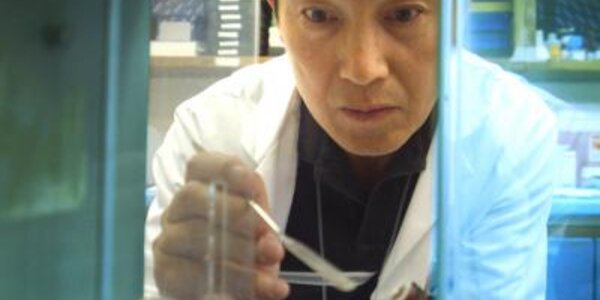Green Tea Boosts Production Of Detoxification Enzymes
Concentrated chemicals derived from green tea dramatically boosted production of a group of key detoxification enzymes in people with low levels of these beneficial proteins, according to researchers at Arizona Cancer Center.
These findings, published in the August issue of Cancer Epidemiology, Biomarkers & Prevention, a journal of the American Association for Cancer Research, suggest that a green tea concentrate might help some people strengthen their metabolic defense against toxins capable of causing cancer.
In a study of 42 people, the concentrate − composed of chemicals known as…



